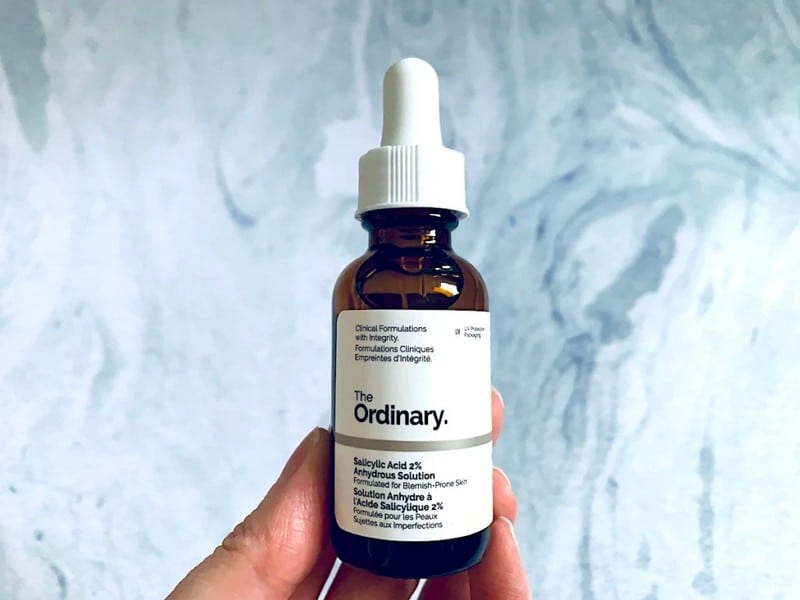Warts are skin infections and noncancerous lesions caused by a virus called HPV or human papillomavirus. HPV can trigger the production of keratin or hard protein in the epidermis. Excess keratin can make the topmost layer of the skin rough, bumpy, and hard. Warts are contagious and can be passed to another person through skin-to-skin contact. There are different types of warts, one of which is plantar warts.
Plantar warts are usually found on the soles of the feet. These can cause a lot of pain, irritation, and discomfort to the patients. Plantar warts contain tiny black spots or “wart seeds,” which are small clotted blood vessels. Most cases of plantar warts can disappear without causing complications. However, some plantar warts may grow, making it difficult for the patient to stand or walk.
Those with severe and recurring plantar warts should seek immediate medical treatment. Mild cases can be treated at home. However, it is important to note that there are no instant remedies for plantar warts; they will take several weeks to take effect.
This article lists some effective home remedies to eliminate plantar warts.
Salicylic Acid

Salicylic acid is a type of drug known as salicylate. It is a kind of beta hydroxy acid usually used to treat skin conditions like acne. It helps the skin to get rid of dead skin cells, redness, and inflammation. Because of these properties, salicylic acid has been used as an active ingredient in wart removal liquids, gels, ointments, and pads.
Over-the-counter ointments, creams, and other topical products with high concentrations of salicylic acid can help get rid of warts. These products are designed to shed the skin surrounding the plantar warts slowly. Once the skin around the excess keratin disappears, the plantar warts will eventually fall off. However, some of these products can be harsh on the skin and may cause soreness and pain.
Some experts advise patients to soak their feet in warm water for 10 minutes before applying salicylic acid to prevent these complications. This will soften the skin as a preparation for the treatment. If severe itchiness and irritation occur, it is best to stop using the ointment for a few days and consult a doctor for possible treatments.










